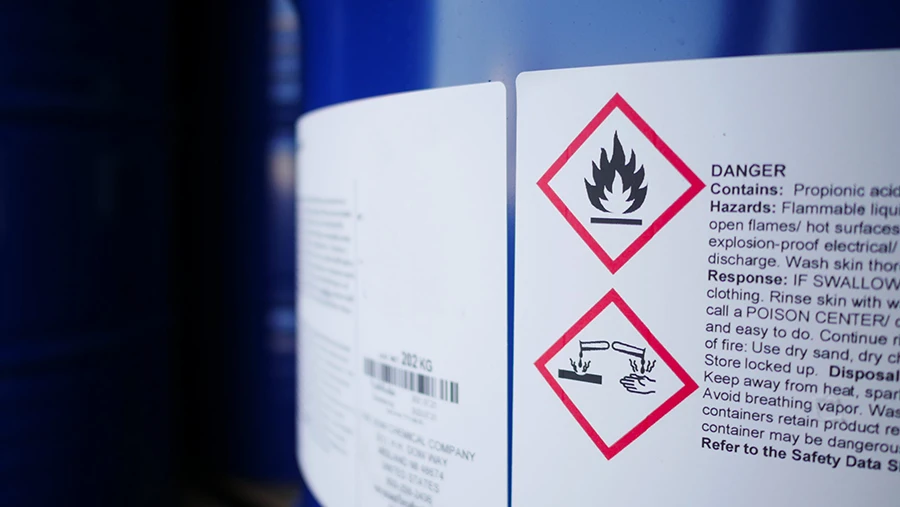FDA Halts Sales of Pelvic Mesh Citing Reports of Complications
By: Simon Law | April 25, 2019

Live Updates:
- 4-25-2019 – Philadelphia Jury Slams J&J With $120M Pelvic Mesh Verdict. Read more.
The Food and Drug Administration (FDA) has issued an order for two medical device companies to halt the sale of their pelvic mesh products following complaints of injuries and complications after transvaginal repair surgery. According to a recently released profile on from 60 Minutes, 100,000 women suing these companies make up the largest multi-district litigation since asbestos.
Pelvic Mesh Used for Treating Pelvic Organ Prolapse
Surgeons began using surgical mesh in the 1950s to repair abdominal hernias, and since the 1970s gynecologists have used similar products to repair pelvic organ prolapse (POP) in women experiencing weakened or loose organs or incontinence following pregnancy.
According to most statistics, 1 in 8 women undergo surgery to repair POP over the course of their life, and many of these surgeries have been done with transvaginal mesh. The first mesh device for transvaginal repair of POP was cleared for use as a class II moderate-risk device in 2002. However, use of transvaginal POP mesh has decreased in the past decade due to warnings from the FDA about these products.
According to Duane Priddy, a leading plastics engineer and fellow of the American Chemical Society who spoke to 60 Minutes in April 2019, polyproplene—the base plastic material used in the surgeries—should not be used in the human body. According to Dr. Priddy, the additives in the material break down over time, which causes the mesh to shrink. What is purported to be a mesh surgical plastic that is safe for decades breaks down in a matter of months.
Reports Surface of Injuries & Complications from Use of Surgical Transvaginal Mesh
Although the manufacturers of the mesh product and many doctors who perform surgeries for POP report successes with using the mesh, there have been numerous reports from women of side effects that include permanent incontinence, severe discomfort, and an inability to have sex.
FDA Takes Action on Pelvic Mesh Product Sales
On April 16th., 2019, the FDA decided in light of the alleged injury done and the increasing reports of injuries to women as a result of the transvaginal mesh to order the two companies still manufacturing the mesh—Boston Scientific and Coloplast—to stop selling the product in the U.S. Boston Scientific has responded by discontinuing sales of the product globally.
According to the report from U.S. News, “Since the FDA has not received sufficient evidence to assure that the probable benefits of these devices outweigh their probable risks, the agency has concluded that these products do not have a reasonable assurance of safety and effectiveness.”
Jeffrey Shuren, M.D., director of the FDA’s Center for Devices and Radiological Health, stated, “Patient safety is our highest priority, and women must have access to safe medical devices that provide relief from symptoms and better management of their medical conditions.”
Boston Scientific said in a statement that it was “deeply disappointed” by the agency’s decision which the company said “will severely limit treatment options” for women. Coloplast, based in Denmark, has not issued a statement at the time of this writing.
Do You Have a Defective Product Case Against Boston Scientific or Coloplast?
The FDA statement recognizes that some women had success with the devices and should not be concerned if they are not experiencing side effects. The agency urges women with had successful surgeries and no problems to “continue with their annual and other routine check-ups and follow-up care. There is no need to take additional action if they are satisfied with their surgery and are not having complications or symptoms.”
However, patients experiencing complications or any of the symptoms below after undergoing surgery should notify their health care professionals immediately. Symptoms that are cause for concern include:
- Persistent vaginal bleeding or discharge
- Pelvic or groin pain
- Pain during sex
If you were planning to have transvaginal mesh surgery, you should discuss alternative treatment options with your doctor in lieu of the order for the discontinued sales of the mesh product.
Contact a Defective Products Attorney
If you have been injured by pelvic mesh and have experienced negative side effects after surgery, please contact the attorneys at The Simon Law Firm today to discuss your case.


